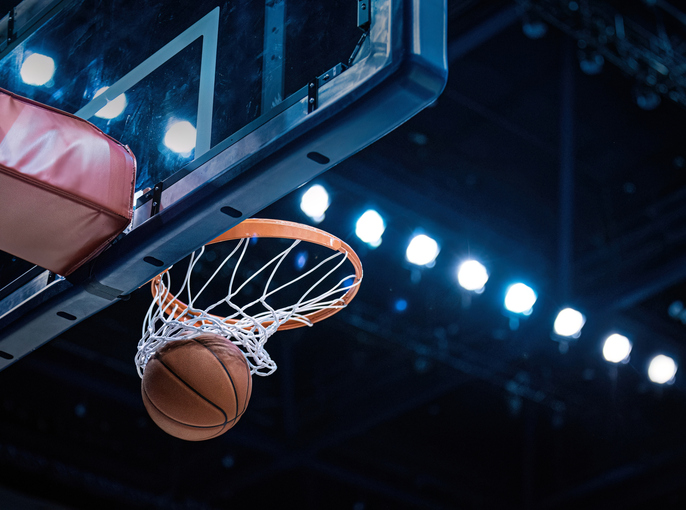
AGA predicts US bettors will wager $3.1bn on March Madness
Trade body estimates a notable $400m increase from 2024 figures, suggesting the rise represents growing trust in the regulated sector

Americans are expected to legally wager $3.1bn on the men’s and women’s March Madness basketball tournaments, according to estimates from the American Gaming Association (AGA).
The trade body notes that those figures mark a rise from last year’s total of $2.7bn, representing both the expansion in the US’ legal sports betting market and the growing trust in it.
Set to run from March 16 until April 7, March Madness sees 68 National Collegiate Athletic Association (NCAA) division one basketball teams compete over the course of seven rounds, all vying for the status of national champions.
Joe Maloney, SVP of strategic communications for the AGA, explained: “March Madness is one of the most exciting times in American sports, with fans fired up for both the men’s and women’s NCAA tournaments.
“As legal wagering expands across the US, more fans than ever have the opportunity to bet legally and responsibly.”
Ahead of the tournament, the AGA has unveiled a new fifth pillar to its ‘Have A Game Plan. Bet Responsibly’ campaign, designed to promote responsible gambling via five key principles.
The principles include setting a budget, understanding the odds, as well as using legal and regulated operators.
The campaign also encourages bettors to ‘keep it social,’ reminding players that wagering is a form of entertainment best enjoyed with others.
Bettors are urged to ‘keep your cool’ and refrain from criticizing players, coaches, or officials online or in-person due to the result of a wager.
Maloney added: “‘Keep Your Cool,’ our newest ‘Have A Game Plan’ principle, is all about keeping betting fun and respecting the game – no matter how unpredictable March Madness becomes.”
The AGA’s update comes one day after a pair of Democrats reintroduced the Supporting Affordability and Fairness with Every Bet Act (SAFE Bet Act) to Congress.
New York representative Paul Tonko and Connecticut senator Richard Blumenthal held a press conference on the steps of the Capitol to promote “common sense” safeguards in the regulated sports betting industry.
“We’re here today because government, at every level, has failed to pay attention to or understand the impact of gambling-related harms,” Tonko told the media.
The timing of the press conference was deliberately scheduled to take place just days before March Madness, with Tonko explaining that Americans would soon be “placing, and most likely losing,” bets on the competition.
Blumenthal took aim at operators that he claims are “abhorrently exploiting” gambling addiction.
Referencing a January report from Scientific American magazine that noted online operators use a customer’s betting information to tailor gambling offers, Blumenthal added: “Sports betting has become a science for gambling entities.
“It is the science of exploitation and targeting and tracking individuals who are prone to addiction.”
Should the SAFE Bet Act be passed into law, all marketing materials related to sports betting would be banned during live sports fixtures, while all operators would be prevented from offering “bonus bets” or odds boosts to entice new users.
The bill would ensure that operators limit how many cash deposits are accepted within a certain time, with no more than five wagers allowed within 24 hours.
Operators would also be obliged to conduct checks on any bettor looking to wager $1,000 or more, in addition to being banned from accepting bets placed via credit card.
Crucially, in relation to March Madness, the SAFE Bet Act would ban prop bets on collegiate and amateur athletes.
Tonko and Blumenthal’s proposal was first introduced last September, but was never debated or voted on during Congress’ last session.
The proposal received heavy criticism from trade bodies including the AGA and the iDevelopment and Economic Association (iDEA), with both describing the act as a “slap in the face” for state regulators.